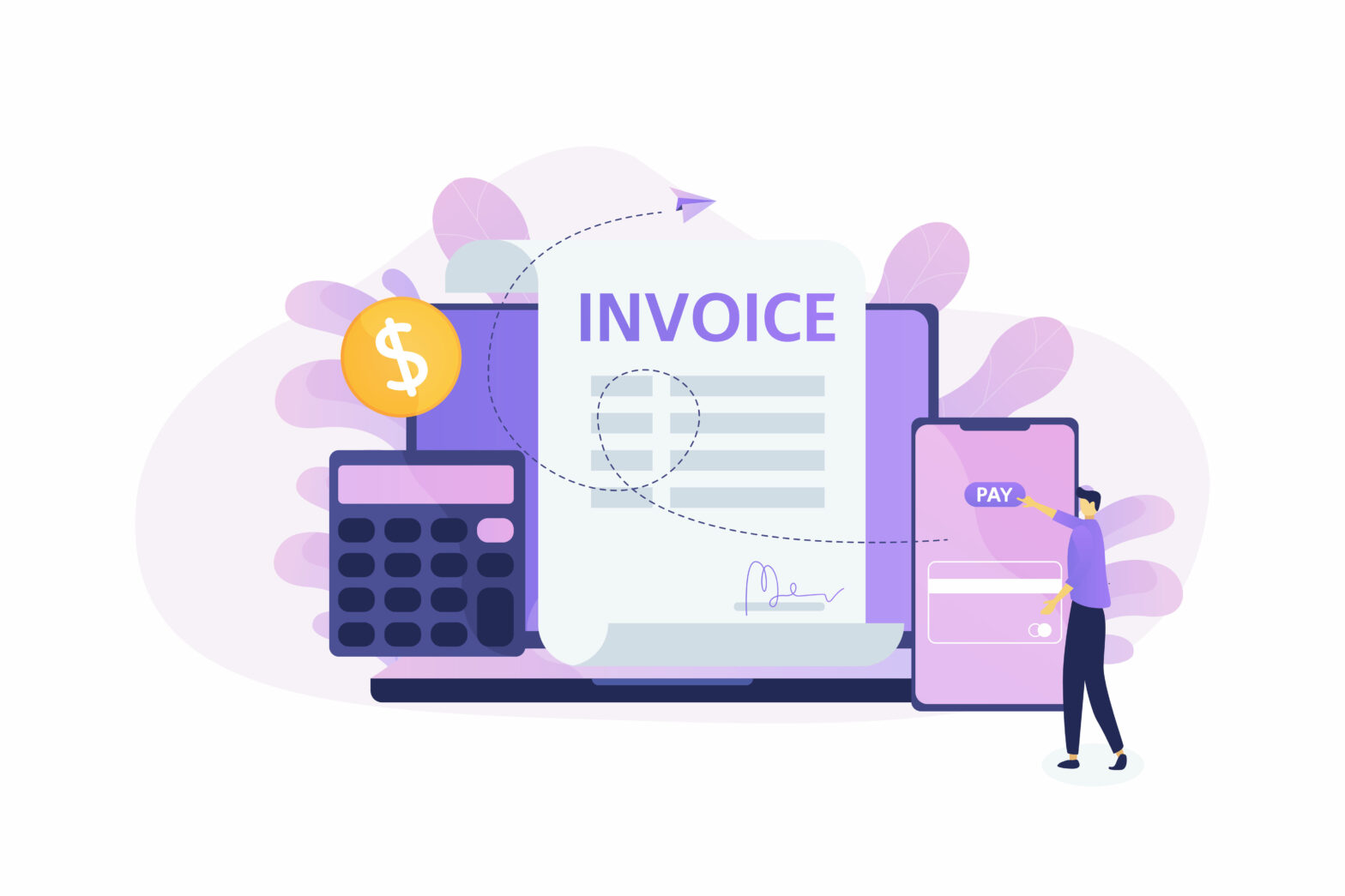The good news is that there is a wide range of options available – although your choice will depend upon the nature of the industry in which you operate, says Josh Hall, Business Correspondent of Simply Business.
Construction
This sector has been particularly hit by the downturn. As a result of a significantly lower volume of work, many firms are struggling with cash flow problems. Similarly, the ever-increasing period between issuing an invoice and actually receiving payment can exacerbate these problems.
Invoice financing provides an efficient way of bridging the gap between doing the work and getting paid for it. This form of finance effectively allows you to borrow against the value of invoices you have raised, enabling you to secure funds almost immediately.
Under an invoice finance arrangement you will pass your invoices onto another company, known as a ‘factor’. This company will then advance you a portion of the value of your invoice; this is frequently as much as 90 per cent and can often happen within 24 hours.
The factor will then chase up payment of the invoice when it becomes due. When the invoice has been settled by your customer the factor will pay you the remaining value, less a small fee.
Related: Breaking down invoice finance – stripping away the jargon and explaining when and why you may need these solutions when growing your business.
Invoice financing has become much more sophisticated of late. Many businesses rejected this form of funding in the past as there was a sense that customers would presume the company was in difficulties if it had engaged a factoring company. Today, though, invoice finance arrangements can be adapted to individual needs; any communication between the factor and your customers will appear as if it came directly from your company.
Retail
The problems faced by retailers are different to those endured by businesses operating in the construction sector. Stock is often one of the most significant assets held by a retail business – and yet, in a period of slowing consumer activity, it can be very difficult to translate stock into cash.
One of the most significant recent developments in the alternative funding market has been the growth of asset based lending (ABL). Asset based lending enables businesses to borrow against stock and other assets – and is therefore perfect for retailers.
ABL provides a flexible way of meeting the unique funding requirements of retailers and other businesses. Like invoice financing it is totally scalable, meaning that it will grow with your business. Asset based lending is used by businesses of every size.
Professional services
Providers in this sector have a unique conundrum. These individuals generally have no stock, and many do not have their own premises – working instead from their clients’ premises, or preferring to work from home or rented office space.
This can make it difficult to secure funding as there are no assets against which to secure a loan. However, if you are in this situation there are still forms of alternative funding that you should be able to access.
Invoice finance should be your first port of call if you are looking to secure funds quickly. The benefits are much the same as for those in the construction industry; this type of arrangement can provide you with up to 90 per cent of the face value of your invoices, as little as 24 hours after you raise them.
Comparator services can ensure that you find the right invoice finance partner for your business – a partner that will grow with your company, and support you and your business through every phase of its development. Alternative sources of funding are becoming ever more important for the survival of SMEs – and it is vital that you find a partner that enables you to take advantage of the opportunities they present.





